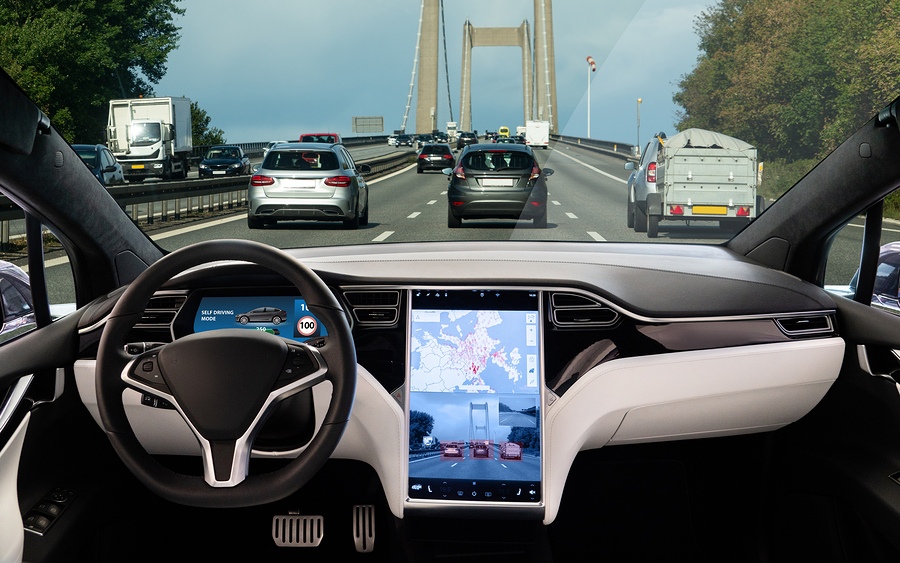 Florida drivers should not be surprised if they see driverless vehicles out and about on the roads. A new law signed by Governor Ron DeSantis will make it possible for self-driving vehicles to operate without a human at the wheel.
Florida drivers should not be surprised if they see driverless vehicles out and about on the roads. A new law signed by Governor Ron DeSantis will make it possible for self-driving vehicles to operate without a human at the wheel.
The law took effect on July 1, 2019, and it allows self-driving vehicles without a human ‘safety driver’ on all Florida roads so long as the vehicles meet the necessary safety and insurance requirements.
The prior law had allowed self-driving vehicles on the road so long as a person was inside the vehicle as a backup in case the car malfunctioned. The new law also exempts operators inside the cars from laws that ban texting while driving.
This new law opens the door for on-demand ride companies, including Uber and Lyft, to openly operate fleets of driverless vehicles in Florida. While most of these types of vehicles are still in the testing stage, lawmakers wanted to pass the legislation now, so when they are ready to be deployed on the roads, Florida will be ready.
Florida joins 29 other states that have passed similar legislation for autonomous vehicles, according to data from the National Conference of State Legislatures. These laws vary, ranging from authorizing testing of autonomous vehicles without humans to allowing cars to be completely people-free. Thus far, only Florida, Michigan and Texas have passed laws allowing this feature.
Las Vegas, among a handful of other cities, currently allows autonomous vehicles with human ‘safety drivers’ to be on the roads.
This new legislation allows self-driving cars without humans in the vehicles to be on the road so long as certain insurance and safety requirements are met, including a minimum of $1 million in insurance coverage.
The law also requires the vehicle’s owner to immediately report any car accident to law enforcement. The owner can also have a system installed in the vehicle that automatically reports the accident to law enforcement as soon as it occurs.

Legally Written and Reviewed by a Managing Partner
Wooten, Kimbrough, Damaso, and Dennis, P.A.
Our content is written and reviewed by our founding attorneys Butch Wooten, Orman Kimbrough, Mike Damaso, and Tom Dennis. Helping the injured since 1966, they’ve successfully handled thousands of personal injury cases across Florida. Whether you’re a Florida resident or an out-of-state visitor injured in Florida, we’re dedicated to providing clear and reliable information to help you navigate your legal options confidently.




